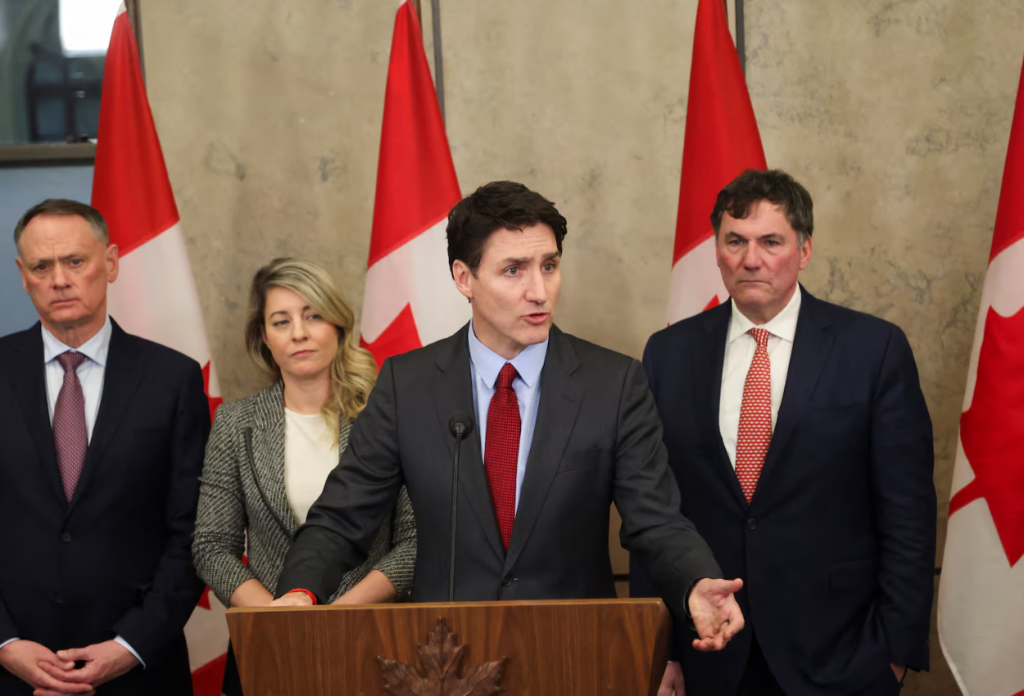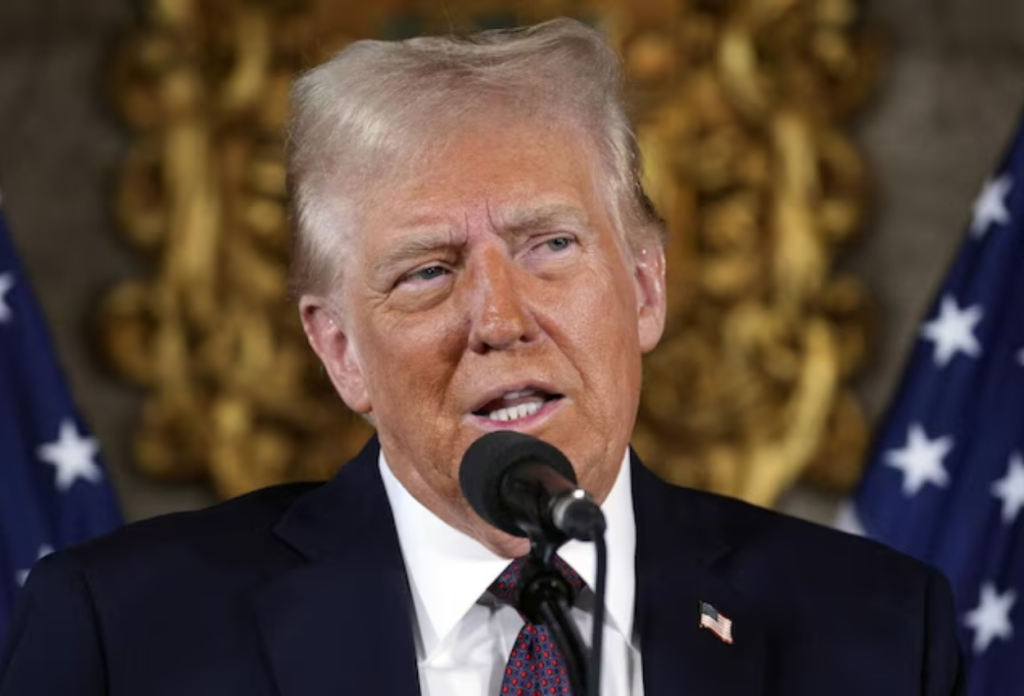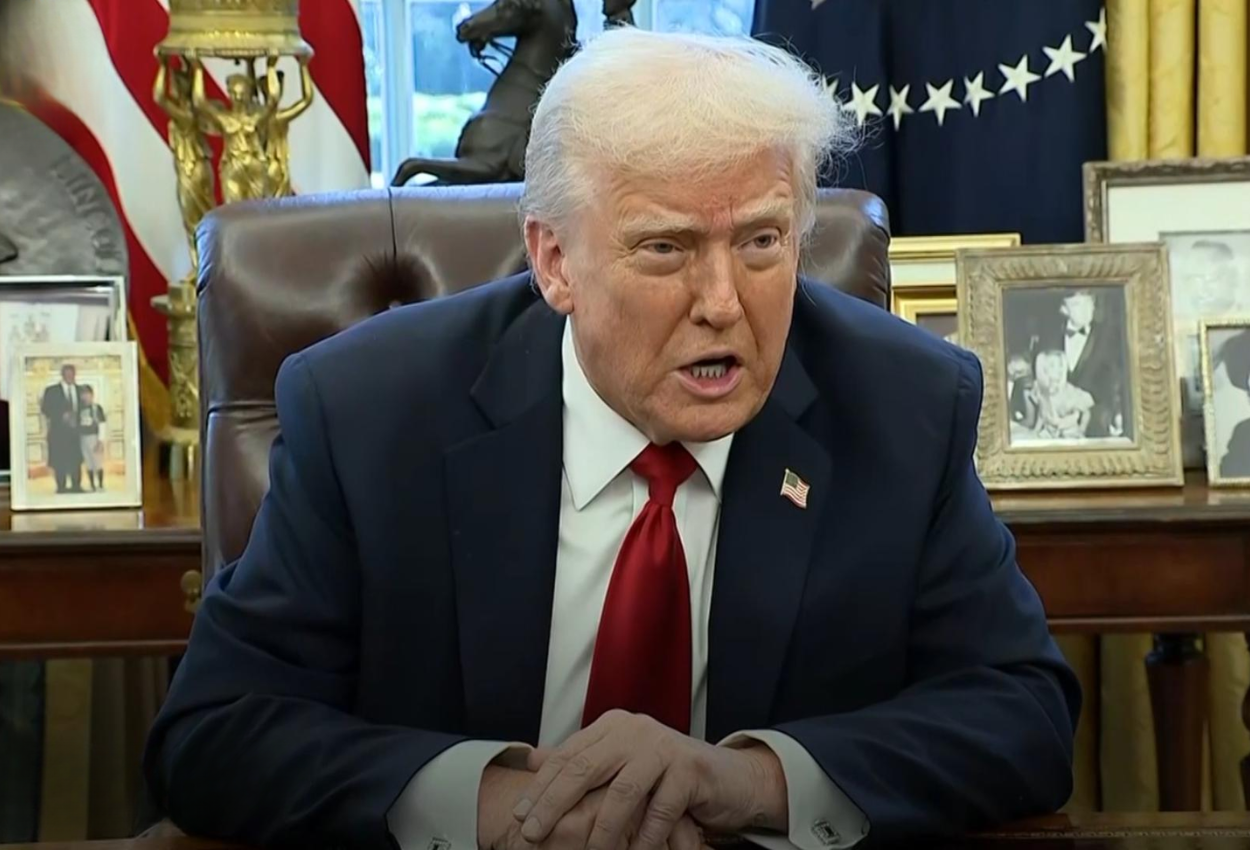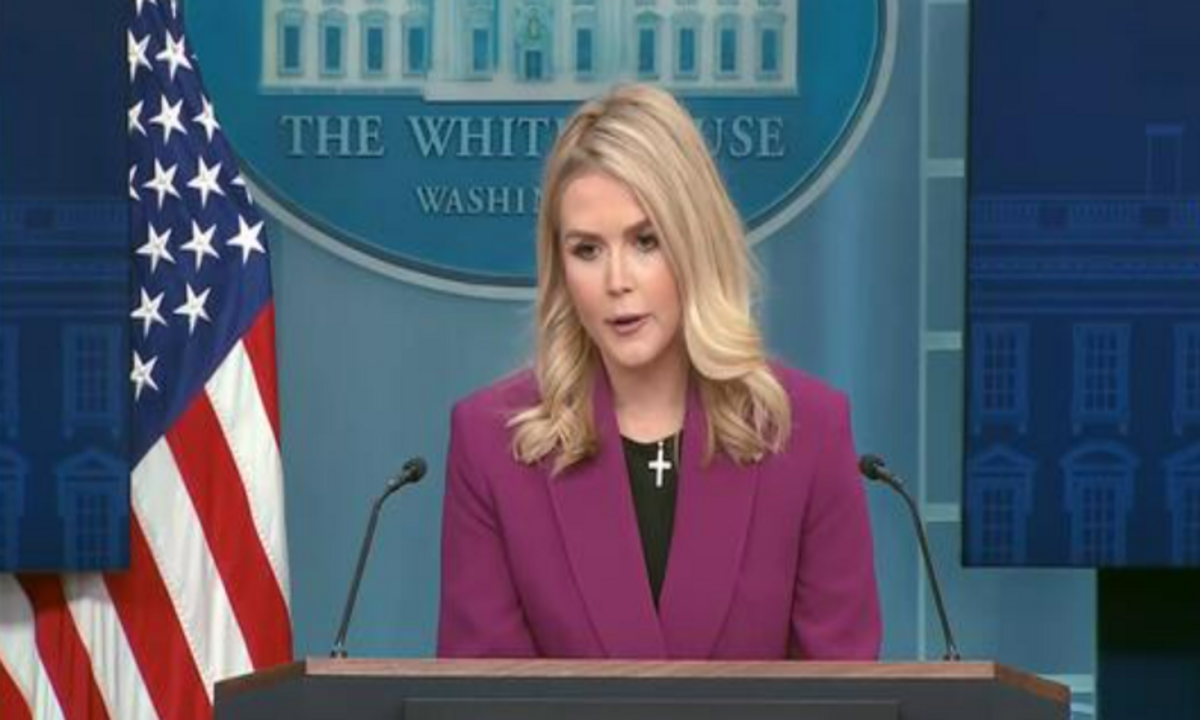The global auto industry is facing turbulence after former U.S. President Donald Trump announced a 25% tariff on imported vehicles. The decision, which takes effect on April 3, is expected to impact major car exporters like Japan, Germany, Canada, and South Korea.
While the move is aimed at reducing the U.S. trade deficit and boosting local manufacturing, it has already triggered economic concerns. Stocks of major carmakers tumbled, and foreign governments have warned of retaliatory measures, intensifying trade tensions between the U.S. and its allies.
Europe and Canada Push Back Against U.S. Tariffs

Following the tariff announcement, global leaders reacted swiftly. Canadian Prime Minister Mark Carney called the tariffs a direct attack on Canadian workers and hinted at possible countermeasures. Meanwhile, Ursula von der Leyen, President of the European Commission, stated that these tariffs would harm businesses and consumers alike.
The European Union is now considering a strong response, with German officials calling for negotiations while preparing for potential counter-tariffs. The move comes at a time when U.S.-Europe relations are already strained due to ongoing geopolitical issues.
Auto Industry Feels the Heat: Market Reactions and Stock Impact
The tariff announcement sent shockwaves through the global auto industry. Stocks of Japanese automakers like Toyota and Mazda took a hit, given that auto exports account for a significant portion of Japan’s economy.
South Korean car manufacturers also saw sharp declines, while German auto giants suffered billions in losses. Even U.S. automakers, despite benefiting from the move in theory, experienced stock dips due to their reliance on international supply chains. The uncertainty surrounding these tariffs has left investors worried about further disruptions in global trade.
Trade Experts Warn of Rising Prices and Economic Fallout

While the tariffs are designed to protect American manufacturing, many trade analysts argue they could backfire. The increased costs on imported vehicles could lead to higher prices for consumers in the U.S., reducing demand for new cars.
Moreover, retaliatory measures from affected countries could harm American exports, particularly in the agriculture and technology sectors. Some experts believe Trump’s trade policies are creating long-term uncertainty, leaving businesses unsure of what to expect in the coming months.
What’s Next? More Tariffs Could Be on the Horizon
Trump has hinted at the possibility of even higher tariffs if countries like Canada and the EU retaliate. His administration believes that imposing trade barriers will ultimately strengthen the U.S. economy, but critics argue that these measures could prolong economic instability.
As tensions rise, all eyes are on how global leaders will respond and whether diplomatic negotiations can prevent a full-scale trade war. With further tariff announcements expected soon, the auto industry—and global economy—remain on edge.




